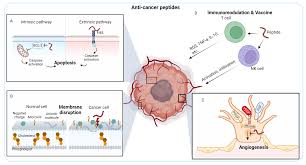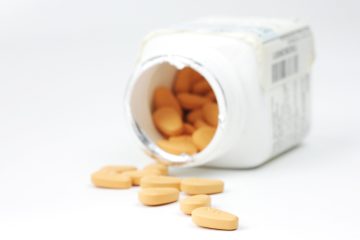The Growing Popularity of Peptide Injections in Modern Medicine

Introduction
Peptide injections have emerged as a significant development in the field of medicine and wellness, drawing attention for their potential benefits in healing, muscle growth, and overall health. This growing trend has aroused interest among athletes, medical professionals, and those seeking alternative treatment options. Understanding peptide injections and their implications for health is crucial, particularly as more individuals embrace these therapies.
What are Peptide Injections?
Peptides are short chains of amino acids that serve as the building blocks of proteins. In recent years, peptide injections have gained traction for their application in therapeutic settings, particularly in the treatment of conditions such as muscle-wasting diseases, hormone deficiencies, and for recovery purposes.
These injections can stimulate the body’s natural processes, improve healing times, increase muscle mass, and may even influence fat loss. The use of peptides in sports medicine has become increasingly popular, with many athletes utilising them for performance enhancement and recovery.
Current Trends and Developments
According to a recent report by the Global Peptide Therapeutics Market, the peptide market is projected to reach over $43 billion by 2025. This growth is attributed to increased research and development in peptide therapies and their potential applications in treating a variety of medical conditions. Furthermore, the rising acceptance of peptide injections in the aesthetic field, such as for skin rejuvenation, is contributing to their popularity.
Notably, the accessibility of peptide injections has improved due to advancements in delivery methods and increased awareness. Clinics offering peptide therapies are sprouting up in various locations, with many healthcare practitioners embracing their use to enhance patient outcomes.
Risks and Considerations
Despite their benefits, peptide injections are not without risks. They should only be administered by qualified healthcare professionals, as improper use can lead to complications such as infections or adverse reactions. Moreover, the legality and regulation surrounding peptide injections can vary significantly by region, making it essential for individuals to conduct thorough research before seeking treatment.
Conclusion
As peptide injections continue to carve out a niche in modern medicine, it is vital for both patients and practitioners to remain informed about their benefits and risks. The potential they hold for enhancing health, wellness, and athletic performance is promising, but awareness and caution remain paramount. Looking ahead, further research and a deeper understanding of peptide therapy will be crucial as its popularity continues to rise.








